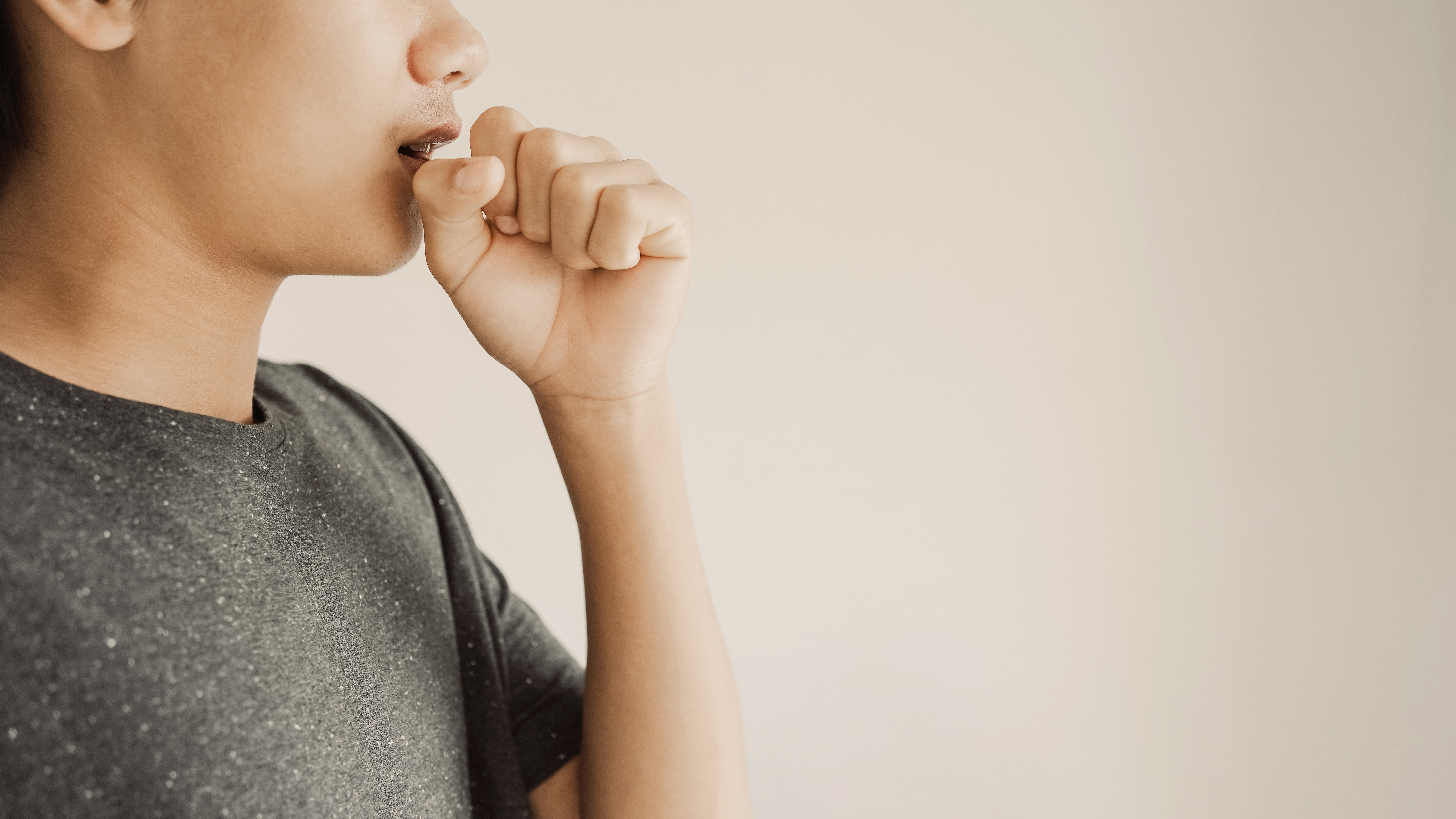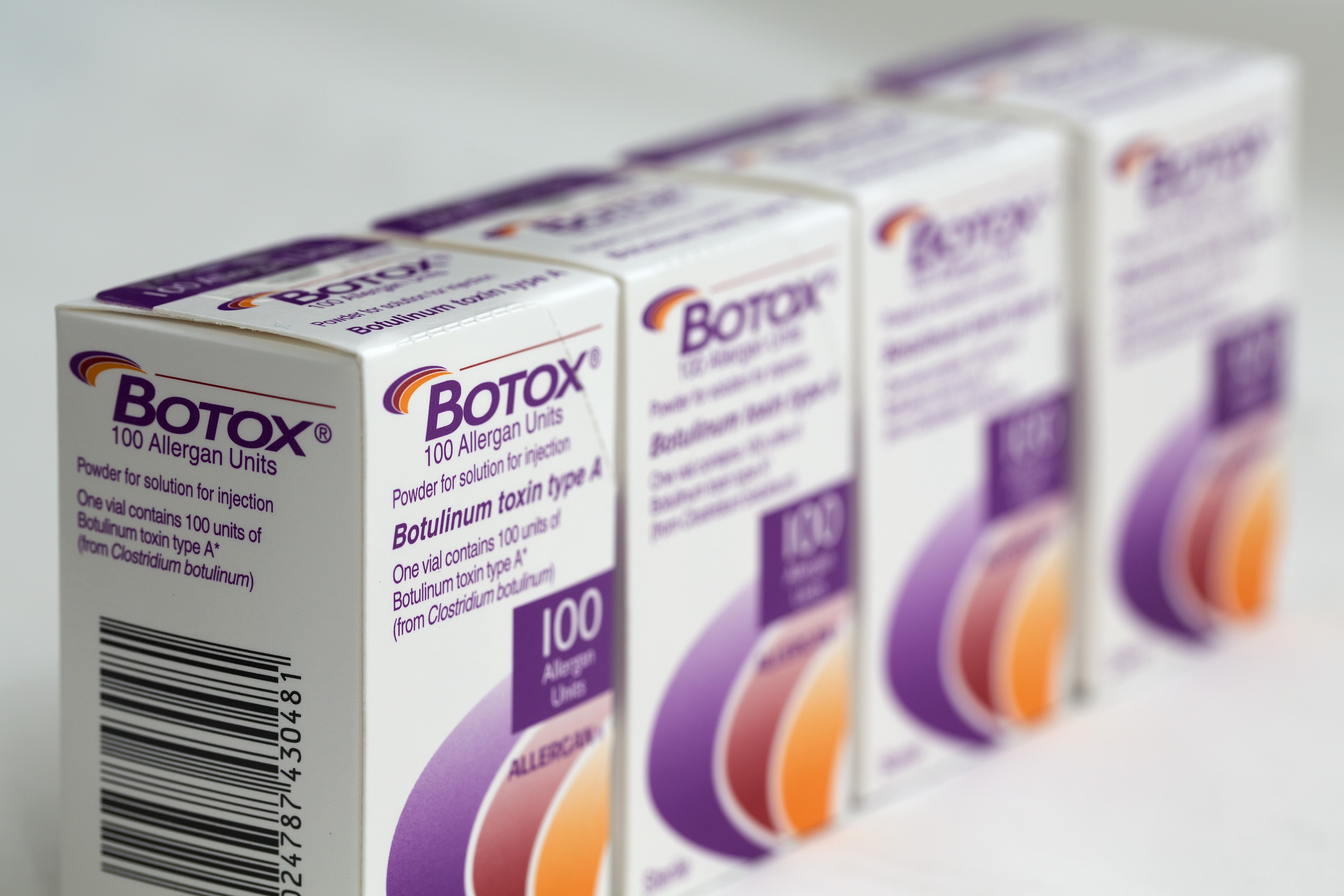International debate over whether to tax tampons and other feminine hygiene products has made its way to conservative Utah, where a bill is set to be heard by a committee made of only men.
Governments that make money this way penalize women for their biology, some say. That perspective has picked up momentum, with at least five U.S. states dumping taxes on such products.
But the Utah proposal could face a steep challenge, as some worry that eliminating the sales tax will put a dent in state revenue streams.
Most states don't tax prescription drugs or food, according to the National Conference of State Legislatures. Utah keeps with the trend when it comes to medication, but it still taxes most groceries.
Feminine hygiene products should be considered necessities - like medicine and food - not luxuries, said Stephanie Pitcher with the Utah Women's Coalition.
"Having a period is not a choice for women," Pitcher said.
Pennsylvania and Minnesota are among states that have eliminated these taxes. A handful of other states, including California, have seen similar proposals brought before their legislatures this year. In Wisconsin, a Democratic lawmaker has proposed providing free tampons in all public buildings.
Health
President Barack Obama said in an interview with a YouTube blogger last month that he had no idea why feminine hygiene products were taxed.
Republican politicians often make the push to cut taxes. In Utah, it's a Democrat.
Some critics have dismissively dubbed state Rep. Susan Duckworth's proposal "the tampon bill."
Duckworth said she worries that nickname may hurt the bill's chances during a hearing that could come this week before a tax committee in Utah's House of Representatives.
"I'm going into an all-male committee, and I just don't believe they're going to have much sympathy," she said.
The bill also calls for making adult incontinence products and children's diapers tax free. She hopes that by making her plan broader than just feminine hygiene items, it will earn more support, since all are medically necessary.
The proposal could save residents who use these products at least $30 each year in taxes, Duckworth said.
But small savings for taxpayers would have a much bigger impact on the state budget, according to estimates from Utah's legislative budget staff. Removing the sales tax on these products would reduce revenue to the general fund by over $1 million next year.
Utah's general fund is already shrinking because of Medicaid costs said Utah House Speaker Greg Hughes, a Republican. The fund also is used to pay for such key state programs as transportation, corrections and health and human services, he said.
Hughes said Utah lawmakers may need more time to study the issue before their legislative session ends in mid-March.
While Duckworth's proposal appears to cut taxes, it could actually do the opposite, said Billy Hesterman with the Utah Taxpayers Association. Eliminating the tax for people who use these items might mean lawmakers raise the overall tax rate.
Last year, Canada removed taxes on feminine hygiene products after receiving unanimous political support. For almost two decades, Britain set the tax on sanitary products at 5 percent, the lowest-possible level, and leaders there have considered doing away with the tax entirely.
In Utah's Republican-dominated Legislature, Duckworth is realistic about the likelihood of her proposal passing.
"The chances of it getting out of committee are probably not very good, but I'm not going to give up on it," she said.



